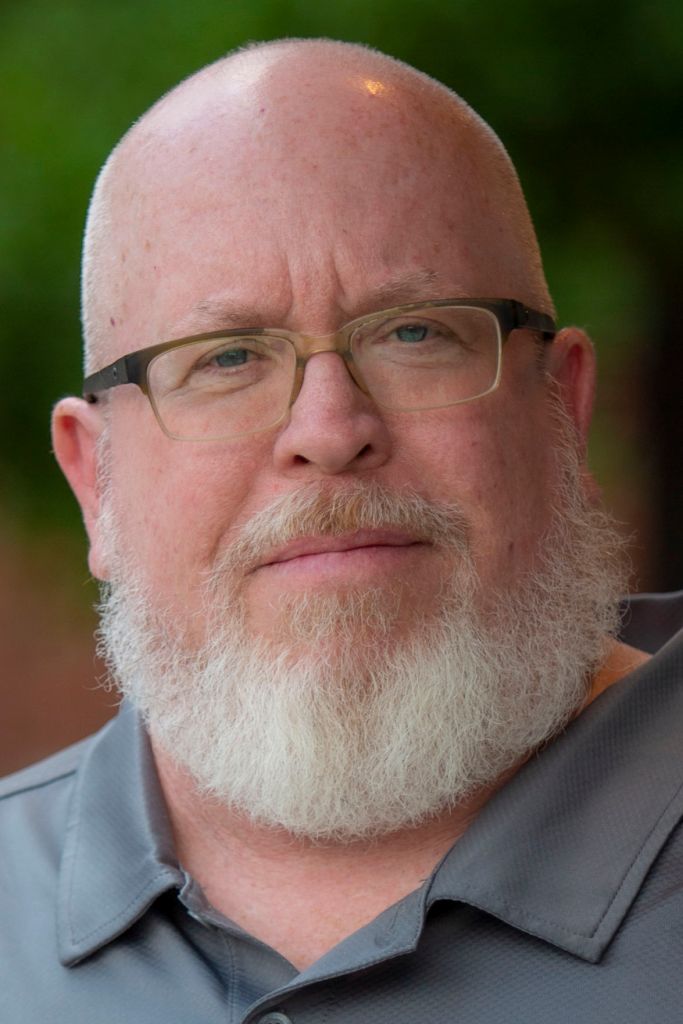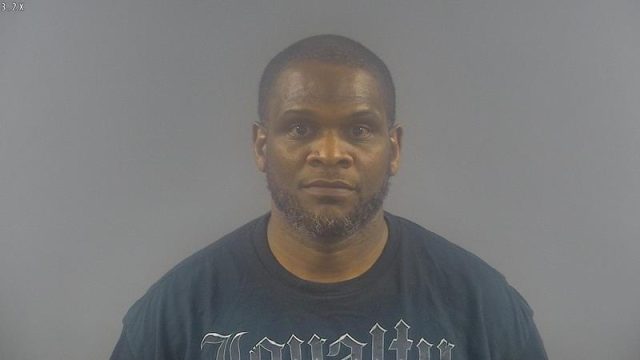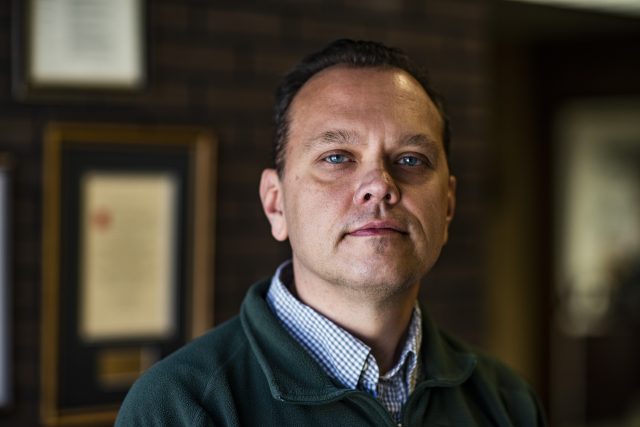Trouble at border, now and 57 years ago
Published 1:00 am Saturday, December 30, 2023

- Joe Imel
In the past year, our southwest border has received historic numbers of migrants. More than 2.4 million people. It’s been record-breaking numbers for the past few years. San Diego alone has received more than 230,000 people this year. That’s a 30% increase from the year before, per NPR.
Republicans have said it’s because of the Biden administration’s weak immigration policies, and the government has said it’s a symptom of the unprecedented displacement of people worldwide.
Trending
Believe who you want about the burgeoning crisis, I have my own thoughts on an issue that is our Achilles’ heel. With that said, I thought I might share with you my own border story that could have started an international incident.
Nearly 57 years ago, my father was stationed in Frankfurt am Main, West Germany, with the United States Army Criminal Investigation Command (USACIDC), the precursor to the Department of the Army Criminal Investigation Division (CID), which is the primary federal law enforcement agency of the United States Department of the Army.
It was his first tour of duty in Germany. Later, we were stationed in Storck Barracks/Illesheim Kaserne and lastly at Nellingen Kaserne, a U.S. Army airfield and barracks near Stuttgart in the town of Ostfildern. We spent a total of six years in Germany in late 1960s and ’70s. Our time there afforded us the opportunity to travel all over Europe at a time when the U.S. dollar was very strong compared to other currencies.
The border incident was brought up at the Christmas dinner table this week as we broke bread with family. My mother recounted a story that I somewhat remember and had to do a little research on.
After WWII, Berlin was split four ways, with British, French and American zones in the west of the city and a Soviet zone in the east. West Berlin became an island surrounded by communist East Germany.
My parents decided to visit East Berlin one weekend just six years after the Berlin Wall was erected almost overnight. We took the Berlin duty train through the Soviet zone. That corridor began about 50 miles east of Hanover at Check Point Able and entered the American Zone in Berlin at Checkpoint Baker.
Trending
My mother told us of how all the railway cars would be sealed, so that no one could get on or off. There were armed Soviet and East German guards patrolling the train. The window shades were lowered and you were not allowed to peak past the blinds.
We toured the American zone visiting the Bauhaus District, Olympic Stadium, Egyptian Museum with Nefertiti’s bust, the Concert Hall and the Reichstag. Later, they took me to the old capitol building of Germany that had been burned in the 1930s. In 1967, it was still shot up and boarded up. We toured the Soviet Zone in East Berlin beginning at Checkpoint Charlie.
Even though mom said she saw the border guards in their towers on the East side near the gate, she still thought it a good idea to send her 2-1/2-year-old son to the edge of the barbed wire to pick up a few souvenir rocks. I was dressed the part, wearing Lederhosen, suspenders and a Tyrolean, a traditional German brimmed hat usually made from felt and decorated hat pins and feathers.
As mom urged me closer the barricades, she received a stern warning, which she ignored, from the gun-toting guards. It wasn’t until she heard the metal-on-metal sound of a round being chambered did she heed their commands. She said she snatched me by my little leather breeches and hauled me out of there.
I did a little research and found a photo of the Grenztruppen, the primary force guarding the Berlin Wall, carrying WWII Soviet PPSh-41 submachine guns in 1967. Thankfully, I was too young to be scared by what could have been an international incident and landed us in a Russian gulag. Today, I chalk it up to her being a new mother and an overeager tourist.
About 10 years after we left Germany in 1979 for the last time, I watched on television as a half million people gathered in East Berlin in a mass protest, and the Berlin Wall dividing communist East Germany from West Germany crumbled.
That event reshaped Europe for the better. Our current border crisis has the chance to reshape the United States in a way we might come to regret.
– Daily News General Manager Joe Imel can be reached at (270) 783-3273 or via email at joe.imel@bgdailynews.com.






